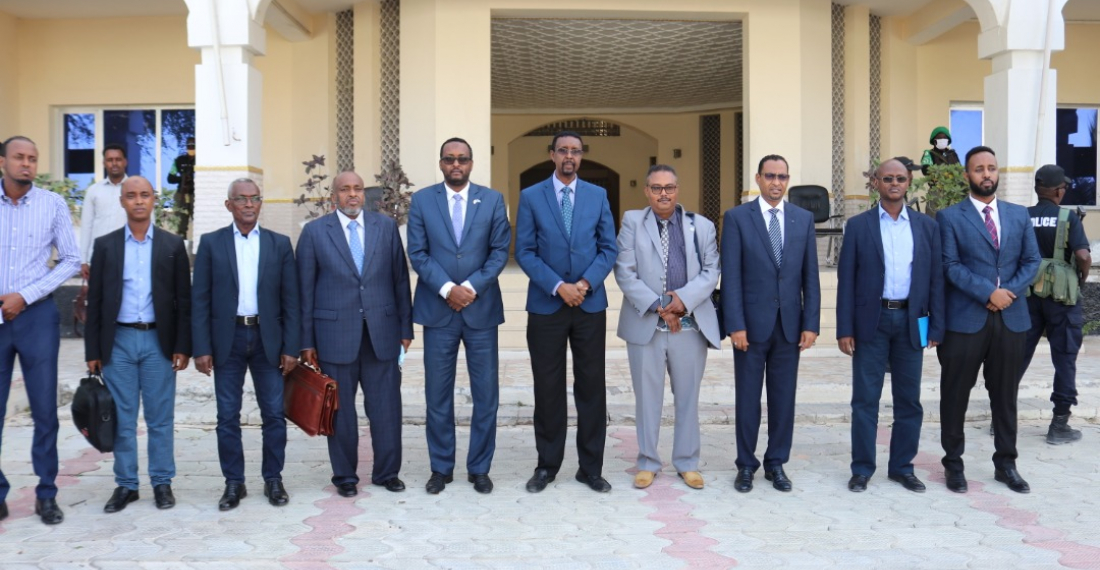A fact-finding team from the Intergovernmental Authority on Development (IGAD), arrived in Gedo, Somalia to hold talks with the government in a bid to end the tensions between Kenya and Somalia.
The dispute has now been eased but IGAD is putting pressure on both sides to restore ties. Somalia had in late 2020, cut relations with Kenya over accusations of meddling in local politics for "far too long". Somalia claimed that Kenya supported militias fighting against the Somali national government. Kenya says its relation with Somalia remained cordial despite the tensions.
IGAD picked an independent team to investigate the matter. The team consists of Djiboutian ambassadors to both Kenya and Somalia as well as military officers. IGAD team has been investigating the accusation by Somalia for about a month before arriving in the border area between Somalia and Kenya. It is not clear if the team
Observers say that the tensions could still remain high in Jubaland which could affect the fight against the insurgent al Shabab and compromise security in the Horn of Africa.
The Intergovernmental Authority on Development (IGAD) is an eight-country trade bloc in Africa. It includes governments from the Horn of Africa, Nile Valley and the African Great Lakes. Its headquarters are in Djibouti City
Source: commonspace.eu with Garowe Online (Garowe)
Photo: IGAD fact-finding committee on Somalia-Kenya border tension arrives in Mogadishu. (Twitter: @BashirHashiysf).







